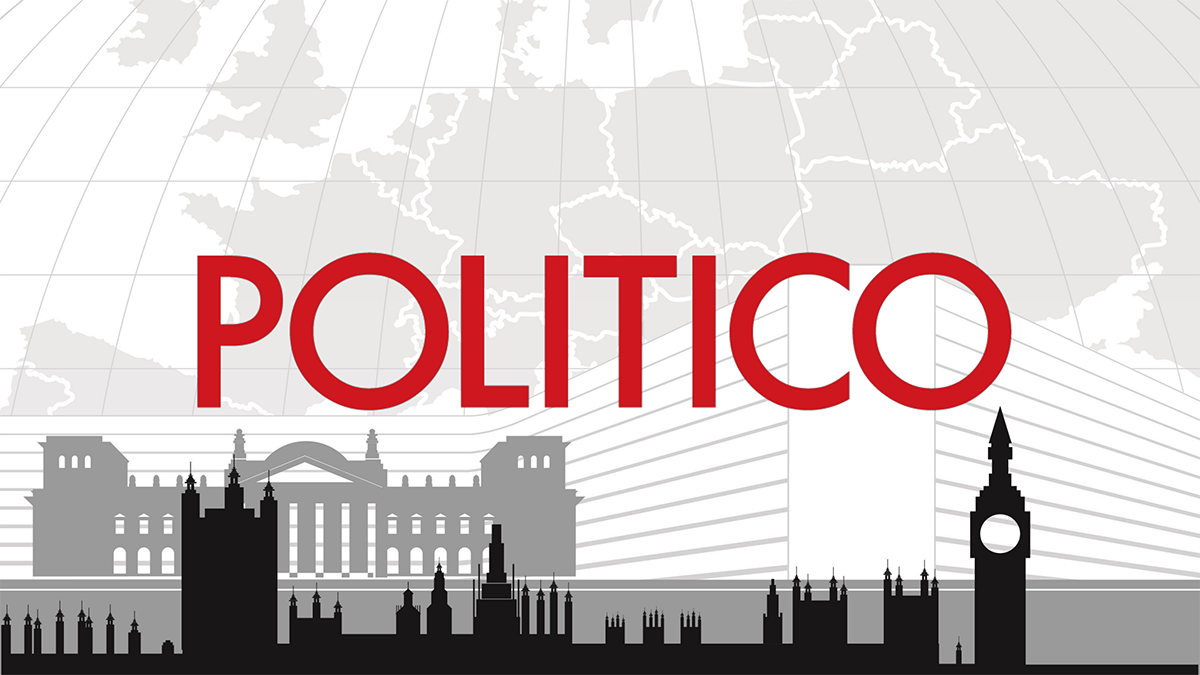## Is Your Gaming Controller a Weapon? UK Says “Yes” to Russia
The world of gaming is used to virtual battles and epic clashes, but the lines between reality and the digital realm are blurring. In a move that’s shaking up the industry, the UK government has just slapped a ban on exporting certain gaming controllers to Russia, deeming them “weapons” due to their potential use in military simulations.

Exploring the Sentiments of UK Gamers

Gamestanza reached out to UK-based gamers to gauge their reactions to the news. The responses were mixed, reflecting the complex ethical and political landscape surrounding the ban. Some users expressed support for the government’s decision, citing concerns about the potential for these controllers to be used in a harmful manner. Others argued that the ban was an overreach, infringing on personal freedoms and setting a dangerous precedent for censorship.
“I understand the concerns about these controllers being used for nefarious purposes, but banning them outright feels like a knee-jerk reaction,” said one gamer, who wished to remain anonymous. “It sets a slippery slope where other technologies could be targeted based on perceived threats. It’s important to remember that gaming is a form of entertainment for millions, and we shouldn’t be punished for the actions of a few.”
Gauging the Reactions of International Gamers, Especially in Russia
Gamestanza also sought perspectives from gamers in Russia, the target of the export ban. Accessing information within Russia has proven difficult due to the country’s tightened media controls and internet restrictions. However, anecdotal evidence from gamers using VPNs suggests a range of reactions, from anger and frustration to indifference.
“This is just another example of how the West is trying to isolate and control us,” one Russian gamer told Gamestanza. “It’s absurd to think that these controllers pose a real threat. They’re just tools, and it’s up to individuals to use them responsibly.”
Other Russian gamers expressed a sense of resignation, noting that the ban would likely have minimal impact on their gaming experience. They pointed out that Russia has a thriving domestic gaming hardware market and that counterfeit controllers are readily available.
The Long-Term Effects: Market Shifts and Potential Black Markets
Analyzing the Impact on Gaming Hardware Sales in the UK and Russia
The UK ban on exporting “killer” gaming controllers to Russia is likely to have a mixed impact on the gaming hardware market in both countries. In the UK, demand for these specific controllers may decrease due to the ethical concerns surrounding them. However, other gaming hardware manufacturers could see a surge in sales as consumers seek alternative options.
In Russia, the ban may lead to a rise in the demand for counterfeit controllers, as they have historically proven to be a popular option for budget-conscious gamers. This could result in a decline in sales for legitimate gaming hardware manufacturers operating within Russia.
Discussing the Potential Rise of Counterfeit Controllers
The existence of a black market for these controllers in Russia is a significant concern. Counterfeit controllers are often produced with inferior materials and may not meet the same safety standards as legitimate products. This poses a risk to gamers who may experience technical issues or even health hazards.
The UK government’s ban could inadvertently contribute to the growth of this black market, as it creates a shortage of legitimate controllers in Russia. Gamers frustrated by the lack of access to these specific controllers may turn to cheaper, unofficial alternatives.
Beyond the Controllers: The Wider Impact on the Gaming Landscape
Esports Implications: Will Competitive Gaming Be Affected?
The ban on “killer” controllers raises questions about their potential impact on competitive gaming. While these controllers are not widely used in esports tournaments, their potential for providing an unfair advantage could lead to further scrutiny and regulation.
“The line between acceptable gaming hardware and unfair advantages is constantly evolving,” said Dr. Emily Carter, a leading esports analyst at the University of Oxford. “As technology advances, we need to be prepared to adapt our rules and regulations to ensure a level playing field for all competitors.”
Tournaments may need to implement stricter policies regarding the use of gaming hardware, including prohibiting the use of any controllers deemed to have a significant performance advantage. This could require the development of new testing and verification procedures.
Analyzing the Impact on International Esports Teams
The ban could also create logistical challenges for international esports teams. Teams from Russia may face difficulties sourcing the necessary hardware for their players, potentially hindering their competitiveness in global tournaments.
This could lead to calls for exemptions or alternative solutions to ensure that Russian teams are not unfairly disadvantaged. However, finding a balance between fairness and preventing the use of potentially harmful technology will be a delicate task.
The Future of Digital Warfare: Is This a Precedent for Gaming Restrictions?
Discussing the Ethical Considerations of Banning Technology Based on Perceived “Aggression”
The UK ban on “killer” controllers raises important ethical questions about the role of government in regulating technology. While the intent behind the ban is to prevent potential harm, critics argue that it sets a dangerous precedent for censorship and restricts individual freedoms.
“Where do we draw the line?” asked Professor David Chen, a leading expert in digital ethics at the University of Cambridge. “If we start banning technologies based on perceived aggression, what’s next? Will we ban violent video games? Will we restrict access to certain types of online content? This slippery slope could lead to a chilling effect on innovation and freedom of expression.”
Speculating on Potential Future Restrictions on Gaming Content and Hardware
The potential for future restrictions on gaming content and hardware is a growing concern for the gaming industry. Governments around the world are increasingly grappling with issues related to online safety, cyber security, and the potential for misuse of technology.
“It’s essential for the gaming industry to engage in proactive dialogue with policymakers to ensure that regulations are balanced and do not stifle creativity or innovation,” said Sarah Jones, CEO of the UK Interactive Entertainment Association. “We need to find ways to address legitimate concerns about potential harm while protecting the fundamental rights of gamers.”
Conclusion
The UK’s ban on exporting “killer” video game controllers to Russia sends a clear message: even in the digital realm, the lines of conflict are being drawn. Politico.eu’s report highlights the government’s concern that these specialized controllers, designed for immersive and potentially aggressive gaming experiences, could be misused in the context of Russia’s ongoing conflict. This move reflects a growing global conversation about the potential impact of technology on warfare and the ethical implications of dual-use technologies. It raises critical questions about the responsibility of both governments and industry players in regulating the flow of technology that could be weaponized. The implications of this ban are far-reaching. It sets a precedent for other countries to consider similar restrictions on the export of potentially sensitive gaming equipment. It also signals a potential shift in the gaming industry, where developers and manufacturers may need to re-evaluate their product designs and marketing strategies to avoid being entangled in geopolitical conflicts. Ultimately, the UK’s decision highlights the blurring lines between the virtual and real worlds, reminding us that even seemingly innocuous technologies can have profound consequences in times of conflict. The question remains: what other digital tools will become entangled in the web of international relations, and what will be done to ensure they are not used to further violence and division?
